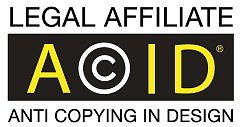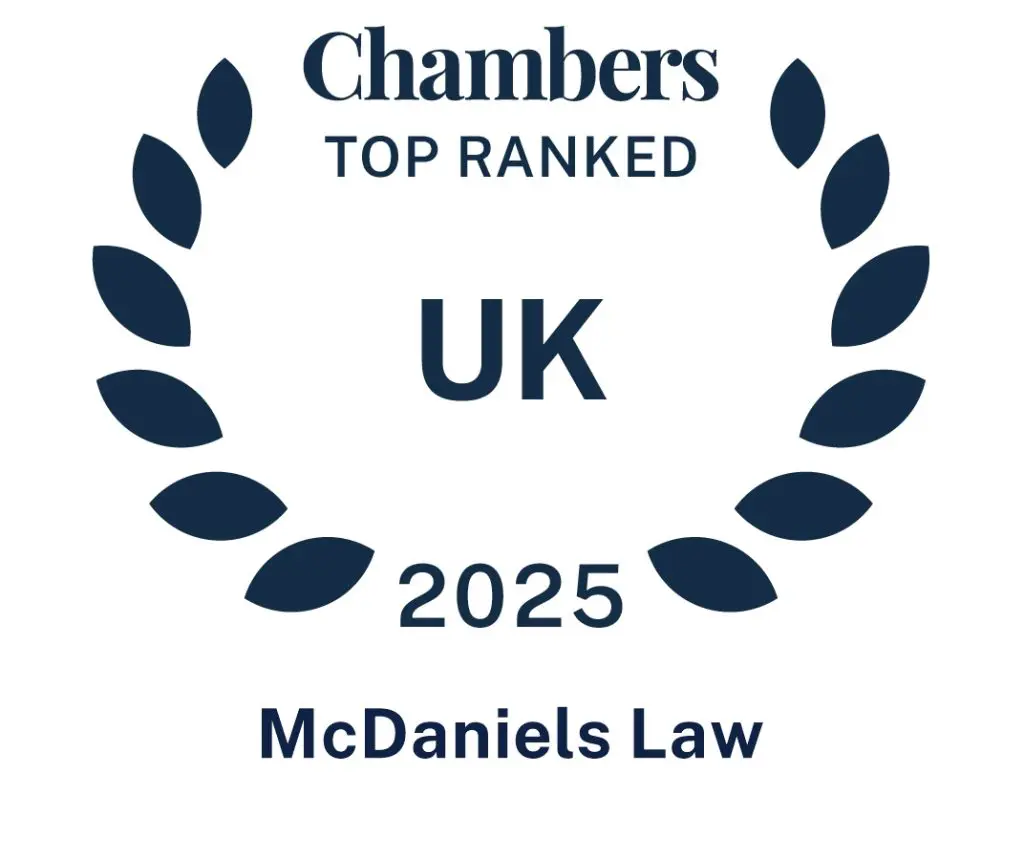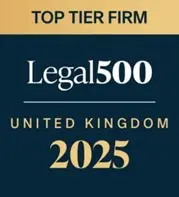The Supreme Court has made a significant change to the law on the personal liability of directors in respect of trade mark infringement. The Courts were faced with a trade mark infringement case issued by Lifestyle Equities CV against various defendants (initially the case was issued against 16 Defendants), including two companies that both traded under the name Juice Corporation, and their directors Mr Kashif Ahmed and his sibling Ms Bushra Ahmed. Lifestyle complained that the companies used a similar trade mark on items of clothing, thus infringing trade mark rights, and the claim proceeded to trial in the first instance in the High Court.
The High Court held that the companies had committed trade mark infringement in accordance with the Trade Marks Act 1994, and in line with the longstanding legal position, in a second trial it was found that its directors were jointly and severally liable with the companies for the same regardless of their knowledge or state of mind, under the provision of ‘strict liability’ which applied. The finding against the Directors was on the basis that there was procurement and common design. No finding was made by the Judge that the Directors knew or ought to have known that there was a likelihood of infringement; this was said to be irrelevant to their liability, this being strict. As a result of the companies becoming insolvent during the course of the proceedings, Lifestyle sought an account of profits from the directors on the ‘joint and several terms’.
As the companies were insolvent by the time of trial and then subsequently Judgment, Lifestyle sought an account of profits from the Directors and the Judge found the Directors liable to account to Lifestyle for profits they had personally made, rather than finding them liable for the profits the company had made. Both parties then appealed to the Court of Appeal. Lifestyle appealed against the decision that the Directors were not liable to account for the profits made by the companies. The Ahmeds cross-appealed against the decision they were jointly and severally liable, and the finding that they had made profits from those infringements. The Court of Appeal largely upheld the decision of the High Court, dismissing Lifestyles appeal and most of the grounds of the Directors appeal.
Again, both parties were unhappy with the mostly unchanged decision of the Court of Appeal and appealed further to the Supreme Court, being the most senior court of the UK. Ultimately, the Supreme Court had to consider the liability of the directors, and whether they had to possess any knowledge or sense of wrongdoing to be found liable, or if they did not have to possess either and would be held to have the same liability for companies under trade mark law, being strict liability. The latter had been the relevant accepted position up to this point.
After much debate on the liability in tort law, and more specifically whether the directors’ liability should be held at the same standard to that of the companies (being the primary tortfeasor), the Supreme Court held that key question to determine it was to ask whether the directors acted in such a way that intended the company to infringe the trade mark knowing it was wrong to do so. This being a marked change from the previous position, which has not required such knowledge or intent for liability. The Supreme Court held that the directors should generally have known the facts which made the act wrongful, but that need not have had the knowledge of the law they were violating. Upon consideration, it was held that the directors could not have known of the trade mark before Lifestyle complained of the infringing acts, or that there was a likelihood of confusion between the relevant mark they were using and the Claimant’s. Therefore, the directors were not held to be jointly liable with the companies.
Lord Justice Leggatt, with whom the other Judges agreed, commented “‘It is unjust to hold a director personally liable for acts done in the ordinary course of performing the director’s role which cause the company to commit a tort, if the director has not acted wilfully or knowingly.” It was also held by the Supreme Court that the orders against the directors for an account of profits were wrongly made as they had not personally profited from the infringements.
In relation to trade mark infringement, this decision sets a precedent and relieves directors of worry for facing personal liability for the acts of their companies unless it can be shown they had knowledge of the wrongful act and acted with the relevant intent, while claimants are put under further stress of having to show further elements if they want an infringing company’s director to be held accountable, as well as proving their initial infringement claim. This case marks a significant precedent shift for any IP cases where similar strict liability is imposed although in theory, a distinction can be drawn with copyright infringement, for example, as under the Copyright Designs and Patents Act 1988, authorising an infringing act is a set offence under the act. It remains to be seen what future decisions will do to the scope of this liability.
If you have any questions on the above, feel free to contact a member of the team at 0191 281 4000 or alternatively at legal@mcdanielslaw.com.






